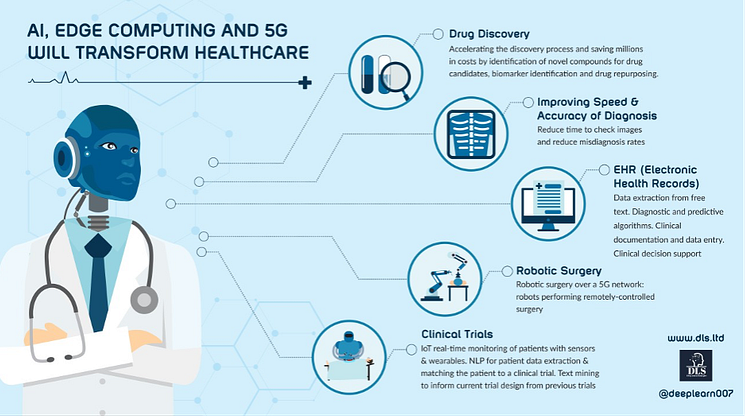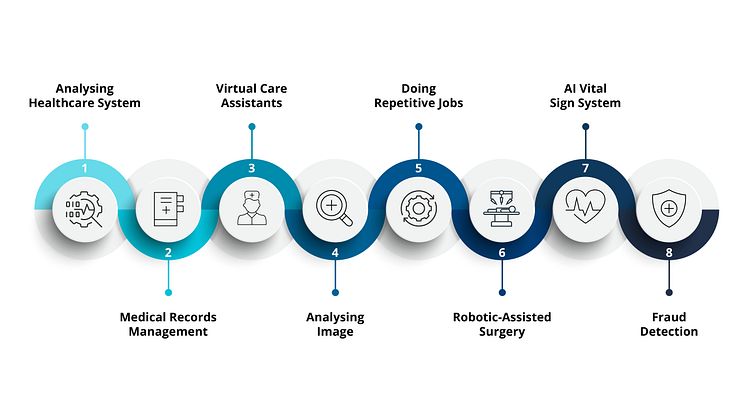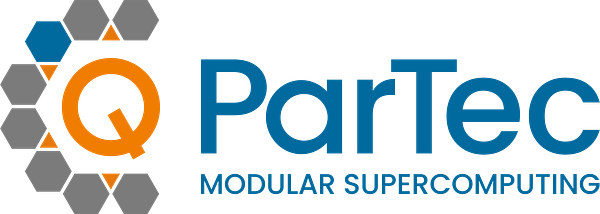
Blog post -
Tech know-how to go: How generative artificial intelligence is changing product research and development
Generative Artificial Intelligence is a technology catalyst. Not only can it deliver added value in specific use cases like medicine (see picture above) or marketing, the technology could drive value across an entire organization by revolutionizing internal knowledge management systems. A 2023 study of McKinsey showcases how product R&D can be transformed through generative AI. Our tech Know-how to go provides you the summary of the advantages:
- Early research analysis: Researchers use generative AI to enhance market reporting, ideation, and product or solution drafting.
- Virtual design: Researchers use generative AI to generate prompt-based drafts and designs, allowing them to iterate quickly with more design options.
- Virtual simulations: Researchers accelerate and optimize the virtual simulation phase if combined with new deep learning generative design techniques.
- Physical test planning: Researchers optimize test cases for more efficient testing, reducing the time required for physical build and testing.
- Enhanced design. Generative AI can help product designers reduce costs by selecting and using materials more efficiently. It can also optimize designs for manufacturing, which can lead to cost reductions in logistics and production.
- Improved product testing and quality. Using generative AI in generative design can produce a higher-quality product, resulting in increased attractiveness and market appeal. Generative AI can help to reduce testing time of complex systems and accelerate trial phases involving customer testing through its ability to draft scenarios and profile testing candidates.
Generative AI’s potential in R&D is perhaps less well recognized than its potential in other business functions. Still, McKinsey indicates the technology could deliver productivity with
a value ranging from 10 to 15 percent of overall R&D costs.





